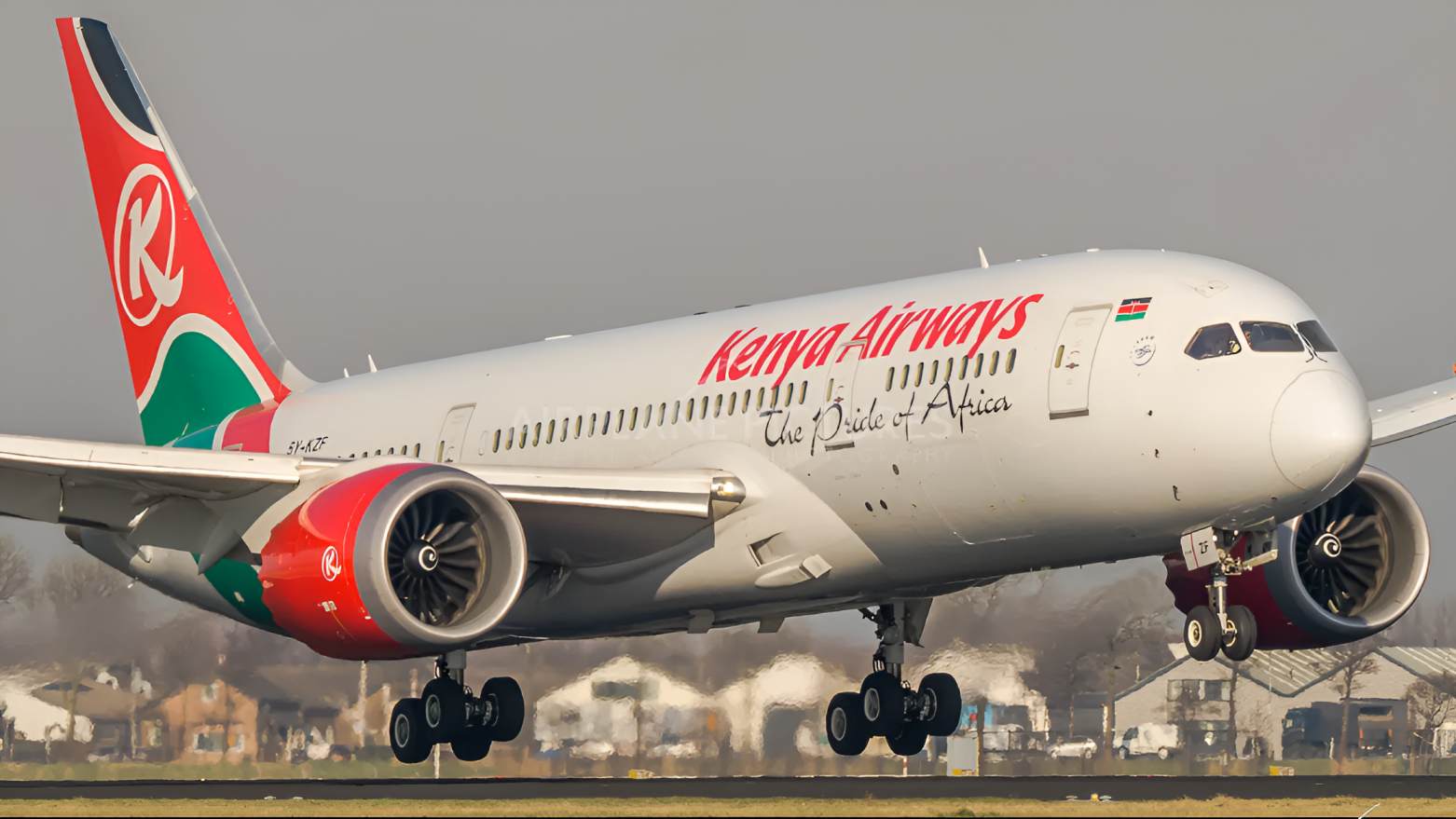Kenya Airways has been spared potentially heavy bills on its digital systems after the government exempted its global software suppliers from the new Significant Economic Presence (SEP) tax.
The move provides relief for the national carrier, which relies on a range of digital services for passenger bookings, frequent flyer programmes, and aircraft operations.
The Treasury published draft regulations that exclude non-resident digital service providers from SEP tax if they supply an airline in which the government holds at least 45 percent.
“For the purpose of these Regulations, significant economic presence tax shall not apply to...a non-resident person providing digital services to an airline in which the government of Kenya has at least forty-five percent shareholding,” the Income Tax (Significant Economic Presence Tax) Regulations, 2025, state.
The SEP tax, charged at an effective rate of three percent, could have added billions to Kenya Airways’ operational costs. In the year to December 2024, the airline spent Sh8.773 billion on its central reservation system and frequent flyer programme alone.
Avionics systems, which handle landing, navigation, and aircraft operations, cost another Sh21.965 billion.
Global firms supplying KQ include Amadeus, which provides booking systems and real-time NDC content through its travel platform.
Avionics suppliers include Collins Aerospace (formerly Rockwell Collins), Honeywell Aerospace, Thales, Safran Electronics & Defense, L3Harris, and Boeing AvionX. Collins Aerospace supplied the TCAS systems installed on Kenya Airways’ Boeing 777 aircraft.
Michael Mburugu, Regional Tax Partner at PKF, said the airline pays for numerous digital services, including weather information for airspace operations. “It is a lot of service they are consuming in that respect,” he said. He added, “And it must be a significant payout for them” to have lobbied for the exemption.
The SEP tax was introduced as part of amendments to the Income Tax Act. It charges 30 percent of a deemed profit equal to 10 percent of gross turnover, effectively taxing three percent of revenue from digital services in Kenya. This levy replaced the Digital Service Tax, which previously targeted foreign companies selling online goods and services at 1.5 percent.
Under the Finance Act 2025, Kenya Airways was also exempted from withholding tax on payments to foreign providers for technical, maintenance, compliance, training, or digital systems support that cannot be sourced locally. Maintenance, particularly engine overhauls, remains one of the airline’s most expensive operations, often requiring foreign specialists.
